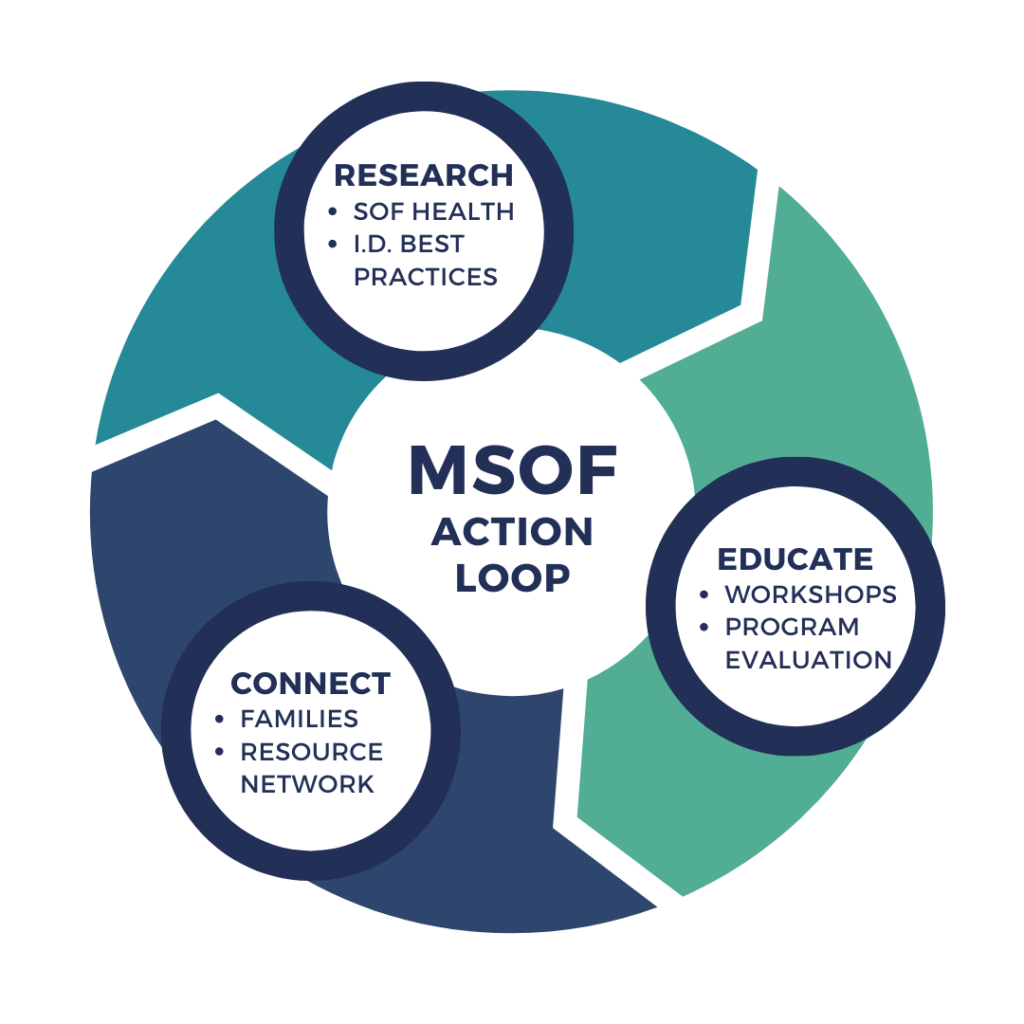
Bridging Barriers to Care for SOF

Every year on Veteran’s Day, Americans express widespread support and appreciation for military service members and their families. The hard truth is that many barriers to effective health and performance programs still exist for Special Operations Forces (SOF) and families due to the unique characteristics of this career specialty. Some of these barriers have roots in the political- and systems-level of decision-making, which can take significant time and energy to shift. But in many instances, bridging barriers to care is a matter of countering wrong assumptions or misinformation.
Understanding the SOF Experience
There is a growing gap of awareness and understanding about the real needs and challenges of SOF. Special operations families do not live like most Americans, and there are significant lifestyle differences between conventional forces and SOF. These differences affect relationships with friends, family, and the broader military and civilian communities.
To understand the special operations community, you have to know a little bit about the unique lifestyle stresses that shape force and family routines, habits, and needs. You have to compassionately ask,
“Why do they live like they do?”
“What compels them to keep serving?”
“How do they sustain these habits?”
Most SOF service members do not move (Permanent Change of Station, or PCS) as frequently as the conventional force, but they consistently rotate between training and deployment. This work-up cycle often keeps service members away from home for 7-9 months of every calendar year, and many rack-up between 10 to 20+ deployments depending on their unit and the length of deployment. These lifestyle differences affect the SOF family’s ability to plan their lives, take advantage of family programs and services, and even distort what they believe is possible to achieve in life.
How MSOF Bridges Barriers
To overcome these barriers, the Military Special Operations Family Collaborative takes a three-pronged approach to strengthen SOF community well-being. We research, educate, and connect special operations units, service members, veterans, families, healthcare providers, researchers, military leaders, partnering organizations, and everyone in-between.

Research. We find out what works to help SOF families. Some barriers are related to daily lifestyle habits and routines, while other health needs demand clinical care that can be inhibited by stigma. If a barrier is rooted in a military or healthcare policy, focusing solely on engaging families will only increase community frustration and make the problem worse. Through force and family surveys, partner engagement, and literature reviews we collect the “on-the ground” truth of the SOF family experience. Whatever the community needs, we strive to ground data in evidence and best practice, and aspire to advocate for medical research that is still needed.
Education. We equip families with the information and tools they need to thrive. Understanding the cumulative effects of SOF service enables families to excel from basic qualification to life after service. We also share data and evidence with partner organizations so together we can better support the SOF community, and we collaborate with healthcare providers to improve patient engagement and health outcomes. Among our SOF units, we equip military leaders with health and readiness information to understand the real, often unspoken, force and family needs that directly affect mission readiness.
Connecting. Ultimately, we connect all stakeholders to enable a better, stronger special operations community. We connect families to relevant and effective resources so they spend less time and energy seeking help, and we connect partners with data and people so they can further their mission to strengthen and heal the SOF community. We also connect providers to thought leaders and military leaders so that complex problems have a better chance of being solved.
Working Behind the Scenes
Much of MSOF’s work is done “behind the scenes” and doesn’t make headlines like programs that pay for medical treatment or college. Yet, bridging barriers to care is critical to reverse negative trends in substance abuse, chronic stress, domestic abuse, homelessness, suicide, and more. We focus on the big picture for the whole special operations community so others can target immediate needs at the grassroots level.
Adding certainty to the SOF journey is a massive mission that demands informed, collaborative, and courageous action from many. We are determined to bring that certainty to the special operations community from day one and well into life following service. Our mission is the SOF legacy.

